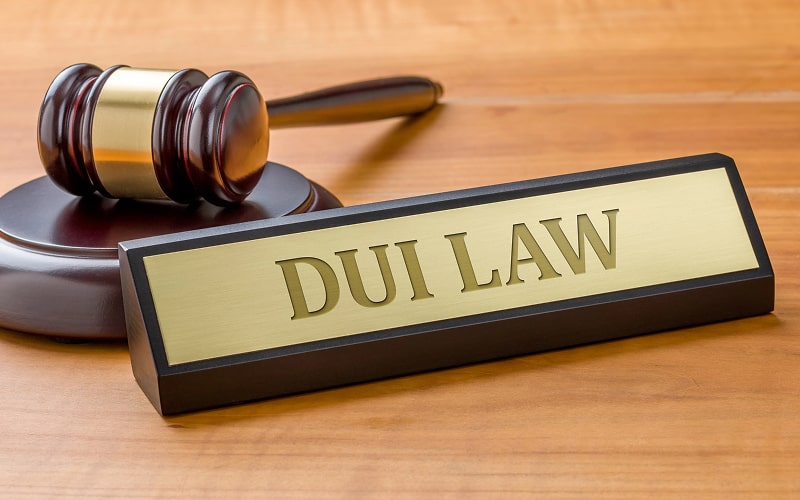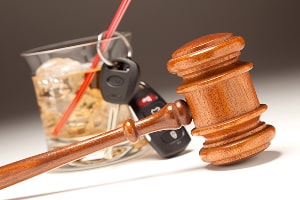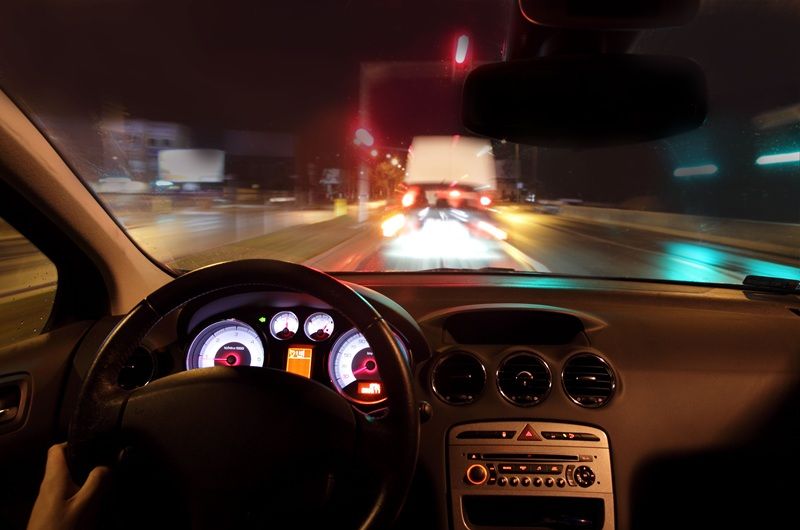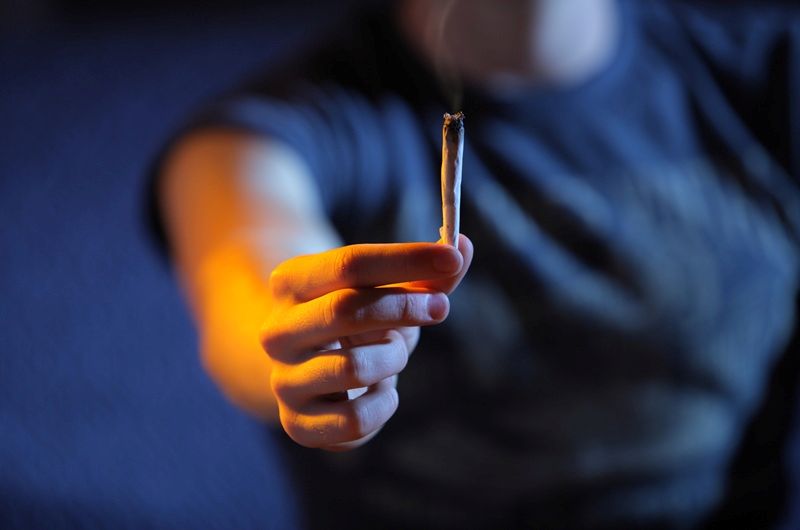A night out can quickly take an unexpected turn if a police officer pulls you over under suspicion of Driving Under the Influence (DUI). When asked to take a breath test in a DUI Stop, refusing might feel like a way to avoid self-incrimination. However, in Virginia, declining a breath test can carry serious legal consequences, sometimes as severe as a DUI charge itself.
Understanding your rights, risks, and legal options is essential. This article explains the penalties for breath test refusal, your possible defenses, and what to expect if you are charged with one. Knowing your legal protections lets you make well-informed choices and better safeguard your future.

Virginia’s Implied Consent Law
Virginia’s implied consent law applies to all drivers operating a vehicle on public roads. Under Virginia Code §18.2-268.2, anyone driving in the state automatically agrees to provide a breath or blood sample if arrested for DUI. However, in DUI-related fatal accidents, officers do not rely on implied consent to collect samples.
When it comes to breath tests, it’s important to distinguish between two types of breath tests:
- Preliminary Breath Test (PBT): This roadside test helps officers estimate a driver’s blood alcohol concentration (BAC) before an arrest. Refusing a PBT does not carry legal penalties, and the results cannot be used as evidence in a DUI trial. However, officers may still use the results or refusal to justify an arrest.
- Evidentiary Breath Test (EBT): This test is commonly administered at the police station after an arrest. Unlike the PBT, its results can be used as evidence in court to support a DUI charge.
Some drivers misunderstand their rights regarding breath tests, assuming refusal eliminates the risk of prosecution. However, declining an EBT can lead to automatic penalties that worsen matters. Understanding these consequences is essential before making a decision.
Consequences Of Refusing A Breath Test In A DUI Stop
Refusing a breath test in Virginia triggers immediate and long-term consequences, regardless of whether you were intoxicated. A refusal doesn’t make a DUI offense disappear; in some cases, it strengthens the prosecution’s argument. Knowing how Virginia punishes refusals is critical for anyone facing these charges.
First Offense Refusal
A first-time refusal is classified as a civil offense, meaning it does not result in jail time. However, it does come with significant penalties that affect driving privileges. Under Administrative License Suspension (ALS) rules, refusing a breath test triggers an immediate seven-day suspension of your driver’s license.
You may face a mandatory one-year license suspension on top of the ALS if found guilty of refusal. The suspension applies even if the court does not convict you of DUI.
Second Or Subsequent Refusals
Multiple refusals to submit to DUI testing can be seen as intentional attempts to avoid compliance, leading to increasingly severe penalties. A second or third refusal within 10 years is considered a Class 1 misdemeanor, carrying up to a year in jail and fines up to $2,500.
The ALS period also increases with each refusal. A second refusal results in an automatic 60-day ALS suspension or until trial, whichever comes first. If convicted, the court imposes an additional three-year license suspension. For third or subsequent refusals, ALS suspension lasts until trial. If convicted, the three-year license suspension still applies.
Additional Repercussions
Refusing a breath test also carries significant consequences beyond immediate legal penalties. These repercussions can affect various aspects of your life, leading to challenges that extend well into the future.
- Evidence in Court: Prosecutors may interpret unreasonable refusal as an indication of guilt, complicating your defense strategy in a criminal trial.
- Insurance Implications: Insurance providers may view refusal as high-risk behavior, leading to increased premiums or policy cancellations.
- Employment Challenges: A suspended license can jeopardize jobs that require driving, and a misdemeanor conviction may hinder future employment opportunities.
- Ignition Interlock Requirements: In some instances, obtaining a restricted license after refusal may require the installation of an ignition interlock device. This apparatus prevents vehicle operation if alcohol is detected on your breath, imposing additional financial and logistical burdens.
Refusing a breath test can have harsh consequences, but not all cases hold up in court. Police officers must abide by specific guidelines when conducting a DUI arrest and requesting a breath test. Any failure to follow these protocols could provide a strong basis for your defense.
Legal Defenses Against Breath Test Refusal Charges
Virginia law requires officers to follow specific procedures when conducting DUI stops, making arrests, and requesting breath tests. If they mishandle these procedures, the refusal charge may be challenged in court. The strength of a defense depends on the facts of the case, but several legal strategies may apply.
Challenge The Legality Of The DUI Stop
A police officer should have a valid reason to stop a driver based on reasonable suspicion. They must observe behavior that suggests a traffic violation or impairment, such as swerving, speeding, or running a red light. Any evidence gathered including the breath test refusal may be suppressed if the stop was made without a valid reason.
Questioning Probable Cause For Arrest
Even after a legal stop, an officer must establish probable cause before making a DUI arrest. This can be based on field sobriety tests, driver behavior, and other observations. However, these tests are not always reliable, and officers sometimes misinterpret behavior unrelated to intoxication, such as nervousness or fatigue.
Employ Procedural Defenses
Officers must follow strict procedures when requesting a breath test. They must inform drivers of the consequences of refusal, properly maintain testing equipment, and observe the 20-minute waiting period before administering the test. Errors in any of these steps can lead to a challenge and possible dismissal of the refusal charge in court.
Argue Medical Or Physical Inability
Medical conditions like asthma, lung disease, or panic disorders may prevent some drivers from providing a breath sample. Proving that a legitimate medical condition caused the inability to comply can help avoid an “unreasonable” refusal under the law. Medical records and professional testimony can confirm that you were unable, not unwilling, to take the test.
A strong defense requires careful examination of traffic stops, arrests, and testing procedures. Individuals facing refusal charges should also understand common arrest concerns to make informed decisions.
FAQs About Breath Test Refusals
Many drivers can be unsure about the legal and practical consequences of refusing a breath test in Virginia. Here are answers to critical information about declining a breath test.
Does Refusal Affect Your Ability To Challenge The Charge?
Refusing a breath test removes a key piece of evidence your BAC but it does not dismiss the DUI charge. Prosecutors can still rely on other evidence, such as officer observations and field sobriety test results. While the absence of BAC results may complicate the prosecution’s case, refusal can make defending against the charge more challenging.
Is Refusal Recorded On Your Criminal History?
A first-time refusal is a civil offense and does not appear on a criminal record. However, a second or subsequent refusal is a Class 1 misdemeanor, meaning a conviction can result in a criminal record. This can affect employment opportunities, security clearances, and other aspects of your personal and professional life.
Can Police Require A Blood Test If You Refuse A Breath Test?
Law enforcement can require a blood test if they obtain a search warrant. This may happen when a breath test is unavailable or when officers suspect drug impairment rather than alcohol. If a warrant is issued, refusing the blood test can result in additional legal penalties, including potential charges for refusal.
Virginia’s DUI laws impose strict penalties for refusing a breath test, but legal options may still be available. With the right strategy, a skilled local attorney can challenge the refusal charge and potentially improve the outcome of your case.
Fairfax County Criminal Attorneys Protects Your Future

You may feel the odds are against you in a refusal charge, but you don’t have to fight this battle alone. Our team at Fairfax County Criminal Attorneys carefully reviews every aspect of your case. We determine if the traffic stop was lawful, assess whether the officer followed proper procedures, and identify any evidence that may be challenged.
A strong defense can mean the difference between severe penalties and a more favorable outcome. With that in mind, our lawyers are dedicated to building a solid strategy for your situation. We fight to protect your driving privileges, challenge improper charges, and minimize the long-term impact on your life.
Whether negotiating for reduced penalties or aggressively defending you in court, we are committed to securing a favorable resolution. With extensive knowledge of Virginia DUI laws and a track record of success, our firm can strongly advocate for you and help you move forward confidently.
Refusing a breath test in Virginia carries significant consequences, such as automatic license suspension and possible criminal charges for repeat offenses. Virginia’s implied consent law imposes strict penalties, but a skilled defense can uncover factors that may weaken the case against you.
Understanding your rights and legal options is critical when facing a breath test refusal charge. The strength of your defense can determine the course of your situation. At Fairfax County Criminal Attorneys, we fight for your rights and help you work toward an advantageous resolution.




